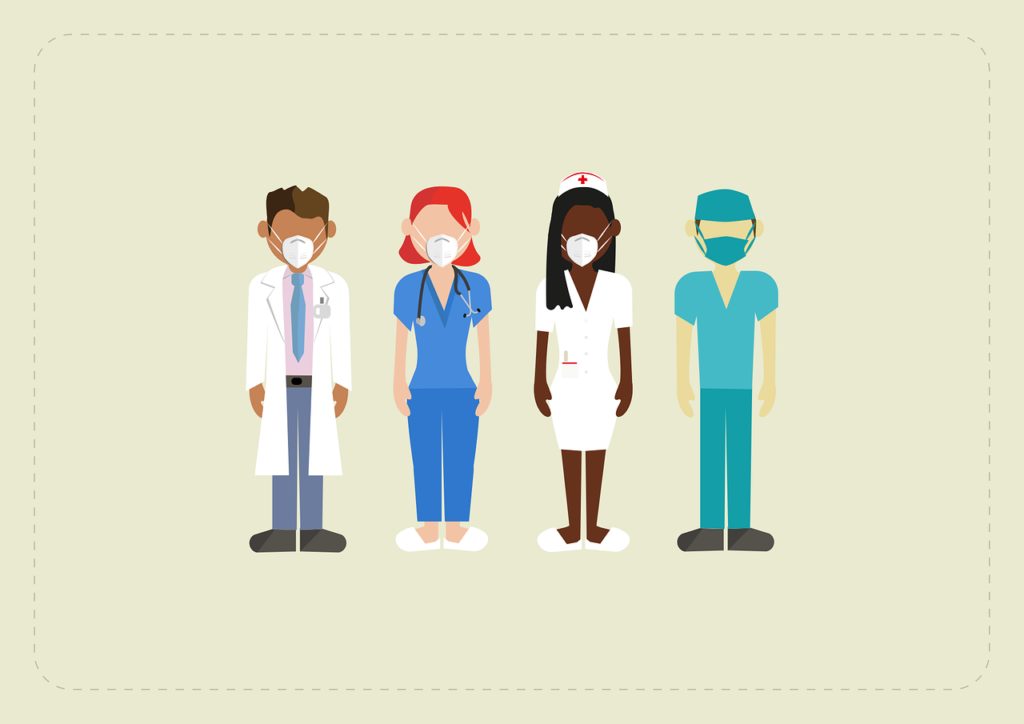Residency in germany
- One of the best healthcare system in the world. Practical oriented training – No classes or lectures, completely practical pattern.
- Post Graduation is not similar to the Indian system. First and foremost the German system does not call it Post Graduation. After getting medical registration doctors in Germany apply for JOBS. Yes jobs not residency that’s what it’s considered in Germany.
- The job applied is for the position of Assistenzarzt/Assistant doctor which is the equivalent of residency. One applies to the hospital and HOD/Chefarzt for the position as the Chefarzt generally has the PG teaching permission and not the hospital. This gives a lot of power to the Chefarzt as he can decide who he wants to hire or fire rather than the hospital. The Assistenzarzt works as a resident in the hospital and paid handsomely for it with minor increment every year. As this is considered a job, there is NO TUITION FEE. After 5 – 6 years of training one can appear for Facharzt exam, that is the specialist.
- Since it’s a job one can always change the specialty. That implies one can switch specialties even after working in one for a year or so. The practical implication of this comes generally in surgical fields where one can opt for Cardiac, Neuro or Orthopedics after taking up internal medicine or any other field which is comparatively easier to get.
- Assistenzarzt/Residents are paid extra for any extra work outside the regulated working timing. Emergency duties including night shifts are paid seperately on an hourly basis. Which means one earns Salary plus Emergency duty fees.
- The Salary also known as Brutto ie without taxes is what one officially gets. The in hand Salary ie what comes in the account has tax and other insurances deducted from it. The Insurance’s include Health insurance, Job loss insurance, disability insurance and pension.
- Since its a learn as you go along system, one has to keep reading and updating their knowledge through books and CME’s known as Fortbildung. There are also a lot of Fortbildungs conducted to teach Residents different procedures like USG etc., these are generally conducted in University hospitals and big hospitals and the fee’s is generally paid by your hospital.
- Other than hospitals one also can work in a clinic which has much more relaxed timings and less hectic if any emergency duties.
- As a working doctor you are entitled to 30 workday holidays in one year. Which means you can get upto 6 weeks of holiday with weekends combined. This does not include any sick leave that you take. Any leave for training, CME or Fortbildung is also separate.
- Given below are the steps one needs to go through after coming to Germany.
MEDICAL LICENSE → JOB AS ASSIsTENZARZT (5-6 years) → FACHARzT (Specialist) → OBERARZT (CONSULTANT) → CHEFARZT (Head of the Department)
*Personal Opinion – Again a very long route but since it is well paid and recognized all over Europe one can always opt for it.
For any queries mail on info@medziel.com.

